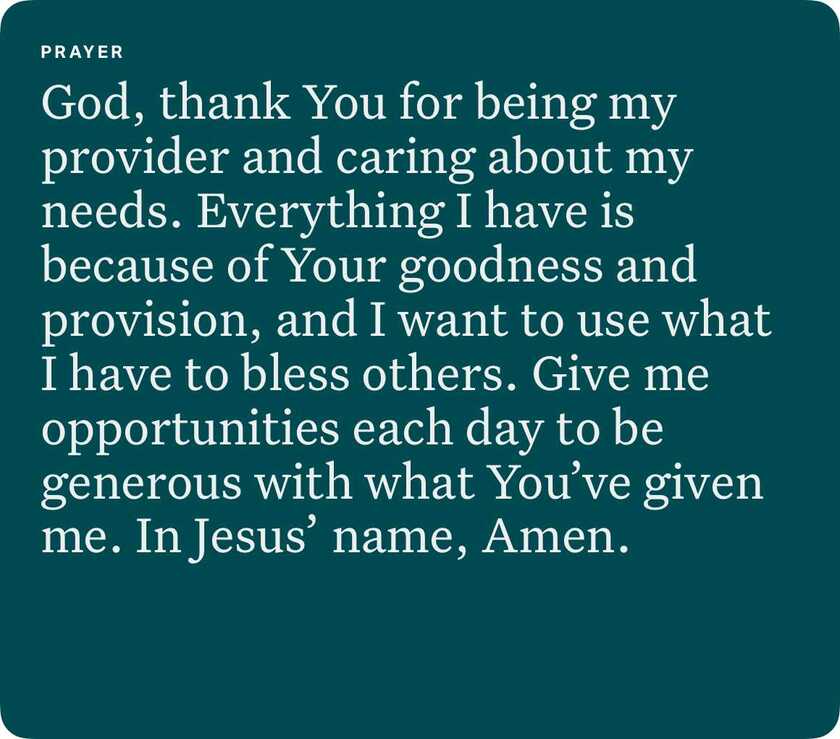I will share about Christian books I have read or listened to.
I will be sharing about my life before and after Christ. I will include stories about my pet and other pets I have encountered.
How to combat pride
“I’m fine.” “I’ve got this.” “It’s my problem—not yours.”
We all want to be known, but sometimes it feels easier to hide behind masks of self-sufficiency. We might tell ourselves that we don’t want to burden others with our problems, but what we’re really saying is that we believe we can (and should) handle everything alone. This may feel self-protective, but it’s a form of pride that isolates and weakens us.
Pride is simply having a view of ourselves and our abilities that doesn’t align with reality. It’s one of the most effective methods the devil uses to isolate us because it makes us believe we’re better off alone.
So how do we combat it? The apostle Peter advises us to “clothe” ourselves in humility (1 Peter 5:5). We do this by caring for others, watching over others, and accepting the authority and wisdom that others offer us (1 Peter 5:1-4). This requires mutual vulnerability, trust, and authenticity.
Treating others with humility teaches us how to respond to Jesus.
Jesus knows what we need, and God wants us to cast our anxieties onto Him—but giving Him our concerns, hurts, hardships, and heartbreaks is an act of vulnerable surrender. We cannot do this unless we first acknowledge our need for Him.
When Peter says to “cast our cares” on God, he’s telling his readers to come openly and honestly to God so that at the proper time, He can deliver them. God opposes anyone who thinks they don’t need Him, but He shows endless grace and love to those who seek Him (1 Peter 5:5).
So take a few moments right now, and reflect on your current concerns. What do you need to bring to God? Visualize handing Him all of your worries, and envision receiving His peace in return.
A Life of Generosity
As Jesus was teaching people, there was a group of leaders who were not always the best role models. When these people helped others, they would boast about it and tell everybody the good deeds they did. They made sure to flaunt their good works publicly for everyone to notice them.
Jesus’ teaching in Matthew 6:3 is directly related to what these leaders were doing. Jesus says that when we give to those in need, we shouldn’t let our left hand know what our right hand is doing. Essentially, our goal in giving to others should not be recognition.
Jesus’ teaching is about the condition of our heart. If we’re giving to others for the sake of being recognized for doing good, then we’re not helping people with the right motives. This should not stop us from giving to others, but it should guide our motives for doing so.
When we help others, we should do so primarily for their benefit—not our own. This means there’s no need to broadcast it. Instead, we should have ...















